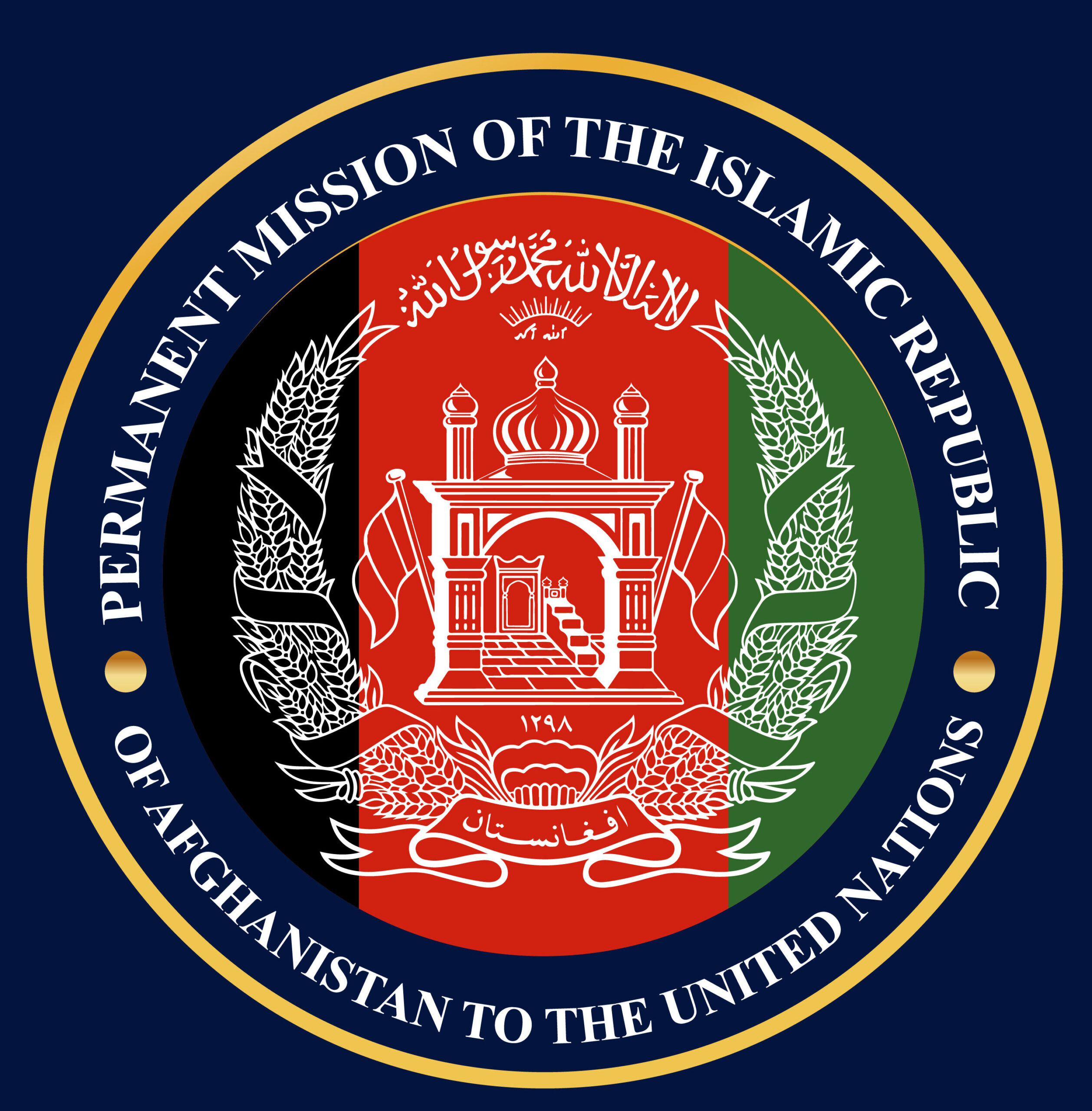Taliban’s Betrayal: The Stifling of Afghan Girls’ Education
As spring arrives, signaling the start of a new school year, Afghan families should be preparing for a season of learning and growth. However, this is the third year that the promise of education for Afghan girls has remained unfulfilled. The Taliban, who seized control of Afghanistan, have refused to reopen girls’ schools and universities, ignoring the demands of the Afghan people and enforcing policies that are not only un-Islamic but also anti-human rights.
For years, Afghan girls have fought for their right to education, facing threats, violence, and discrimination. Despite these challenges, they have shown remarkable courage and determination. With the collapse of the previous government, there was a glimmer of hope that the Taliban would respect the rights of all Afghan citizens, including the right to education for girls.
Unfortunately, this hope has been shattered. The Taliban’s refusal to reopen girls’ schools and universities is a severe setback to the progress made in Afghanistan. It is a clear violation of the fundamental right to education and a blatant disregard for the principles of Islam, which emphasizes the importance of knowledge and learning for all.
Education is not just a right; it is also a powerful tool for empowerment and development. When girls are educated, they contribute more to the economy and development. They also become active participants in their communities, advocating for positive change and contributing to peace and stability.
The Taliban’s refusal to reopen girls’ schools and universities is not just a betrayal of Afghan girls but also a detriment to Afghan society as a whole. It is a denial of the basic human rights of half the population and a rejection of the principles of Islam, which emphasizes the importance of education for all.
As we mark the beginning of a new school year in Afghanistan, let us stand in solidarity with the girls who are being denied their right to education. Let us condemn the Taliban’s un-Islamic and anti-human rights policies and call on them to honor their commitment to reopen girls’ schools and universities.
The future of Afghanistan depends on it.

